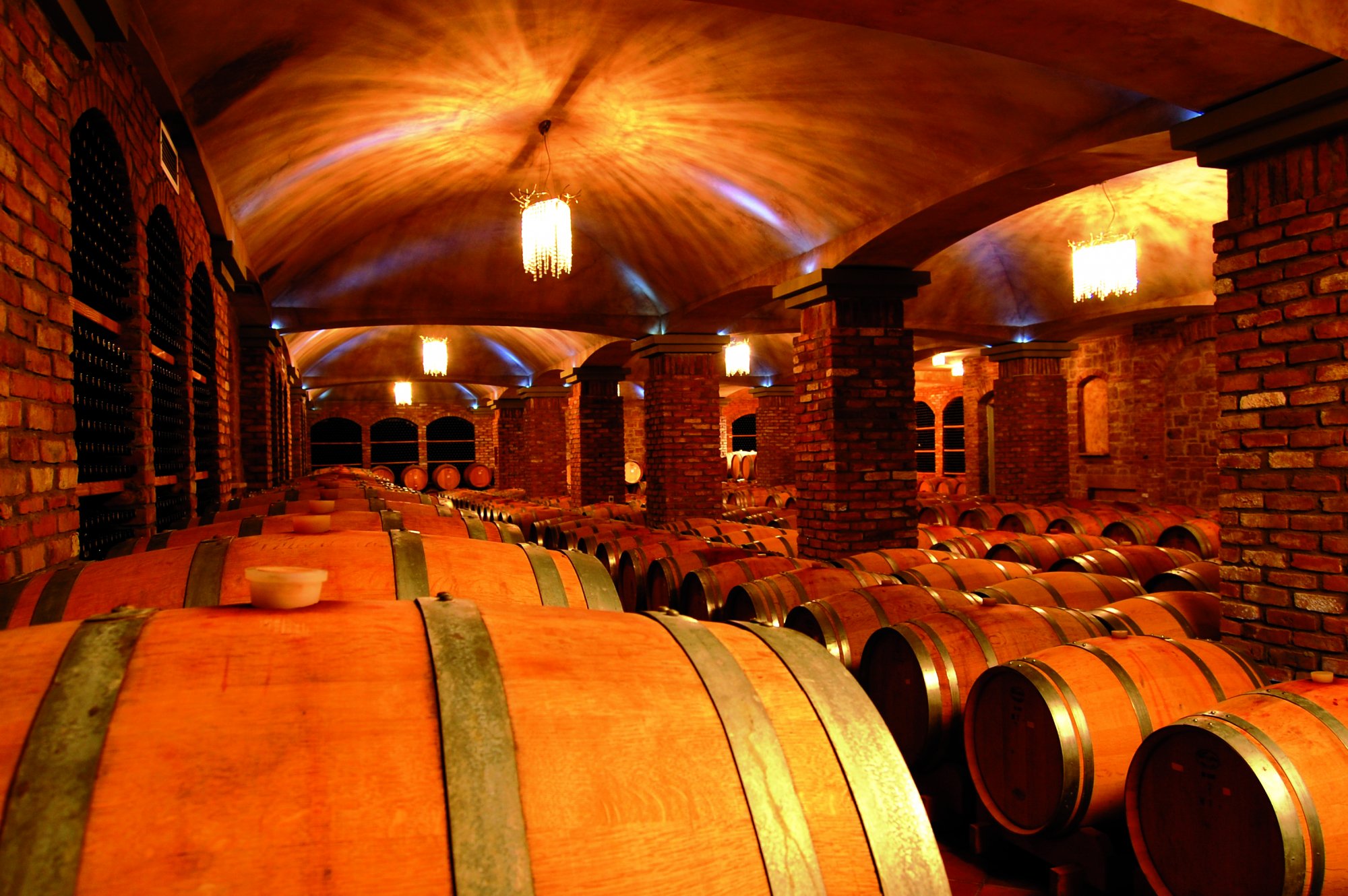A study published in Reviews Earth & Environment warns that a temperature rise of more than 2 degrees Celsius, caused by climate change, could make 90% of coastal and low-lying wine regions in Spain, Italy, Greece, and Southern California unsustainable.
The study indicates that rising temperatures have already moved grape ripening to peak in the hottest part of summer. It is emphasized that in many wine-growing regions worldwide, harvests have sped up by two to three weeks, impacting grape yield, composition at harvest, and wine quality.
French and Italian university researchers warn of a substantial risk of failure to adapt to climate change impacts in wine-growing regions. This risk ranges from 49% to 70%, depending on the extent of global warming. The greatest impact will be felt in regions already facing warm and arid climates, including 90% of coastal and low-lying vineyards in Spain, Italy, Greece, and Southern California.
Taking this into account, they propose adaptation strategies that can adjust to a certain level of warming by changing plant material to other varieties and grafts that are more drought-resistant, resorting to supplementary irrigation, or using cultivation techniques that delay grape ripening.
However, researchers caution that these actions won’t ensure the vineyards’ economic viability everywhere they are currently situated. They stress that the most effective solution is to mitigate climate change and prevent temperature increases.




